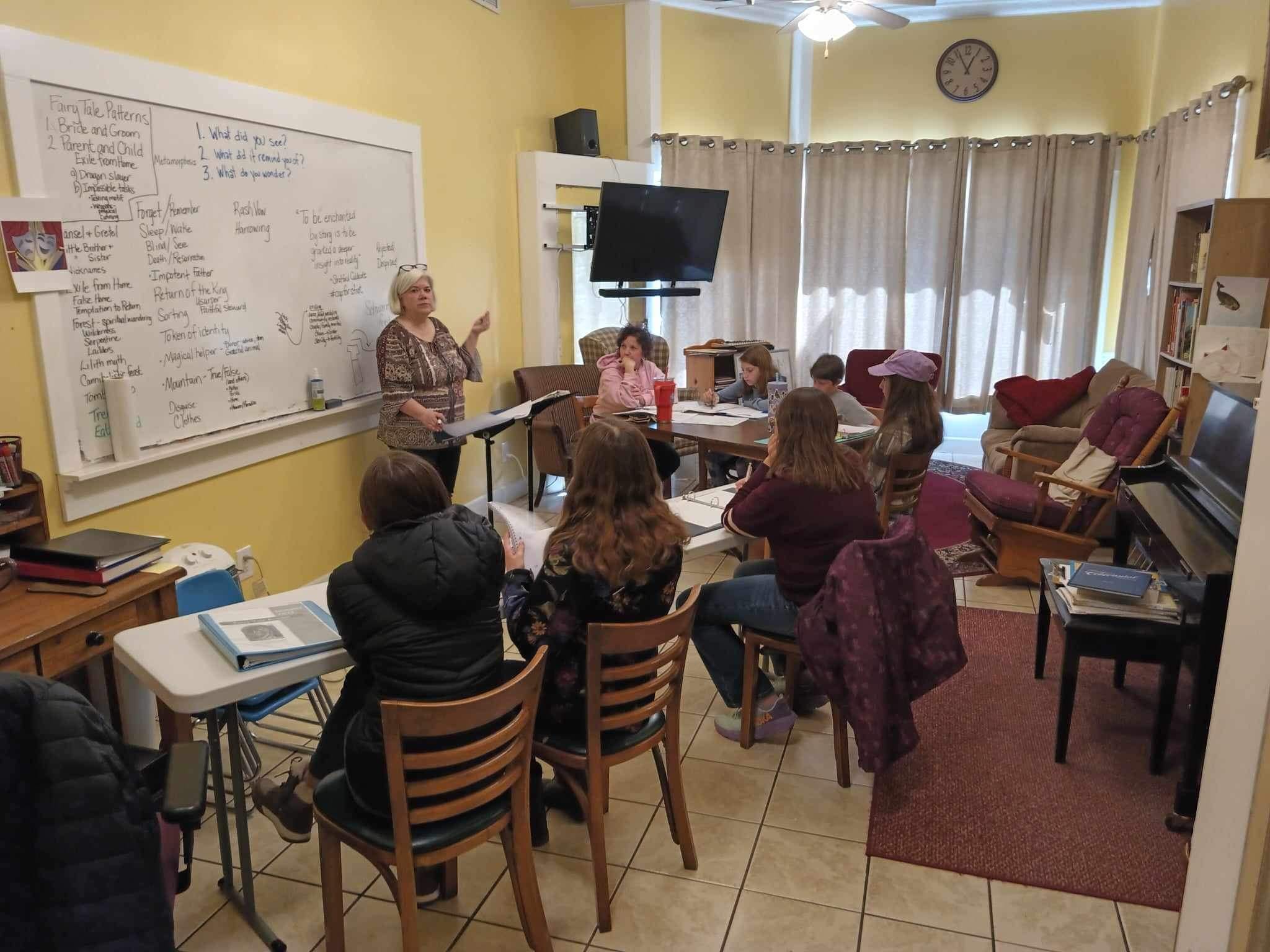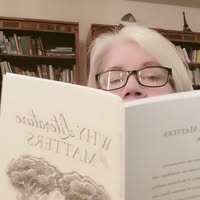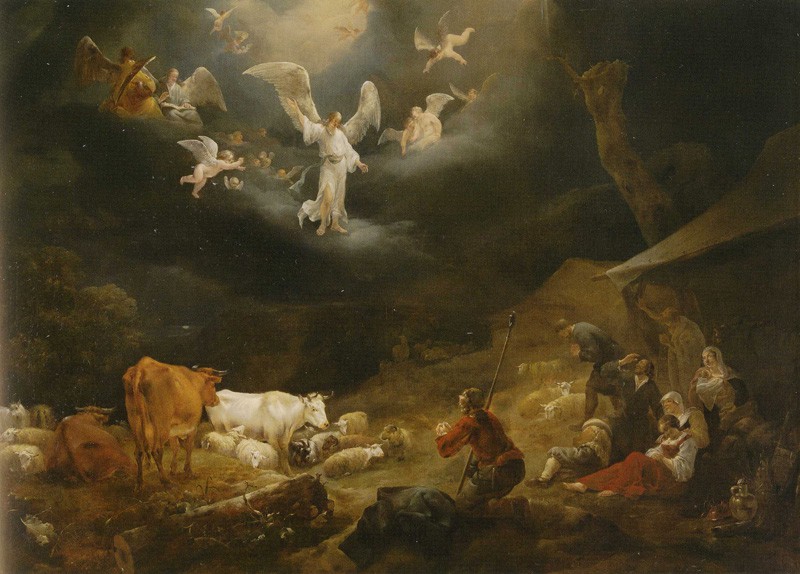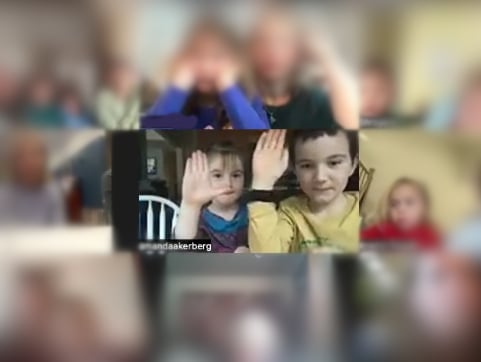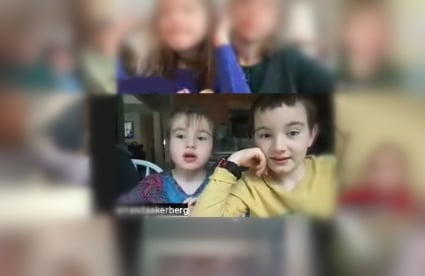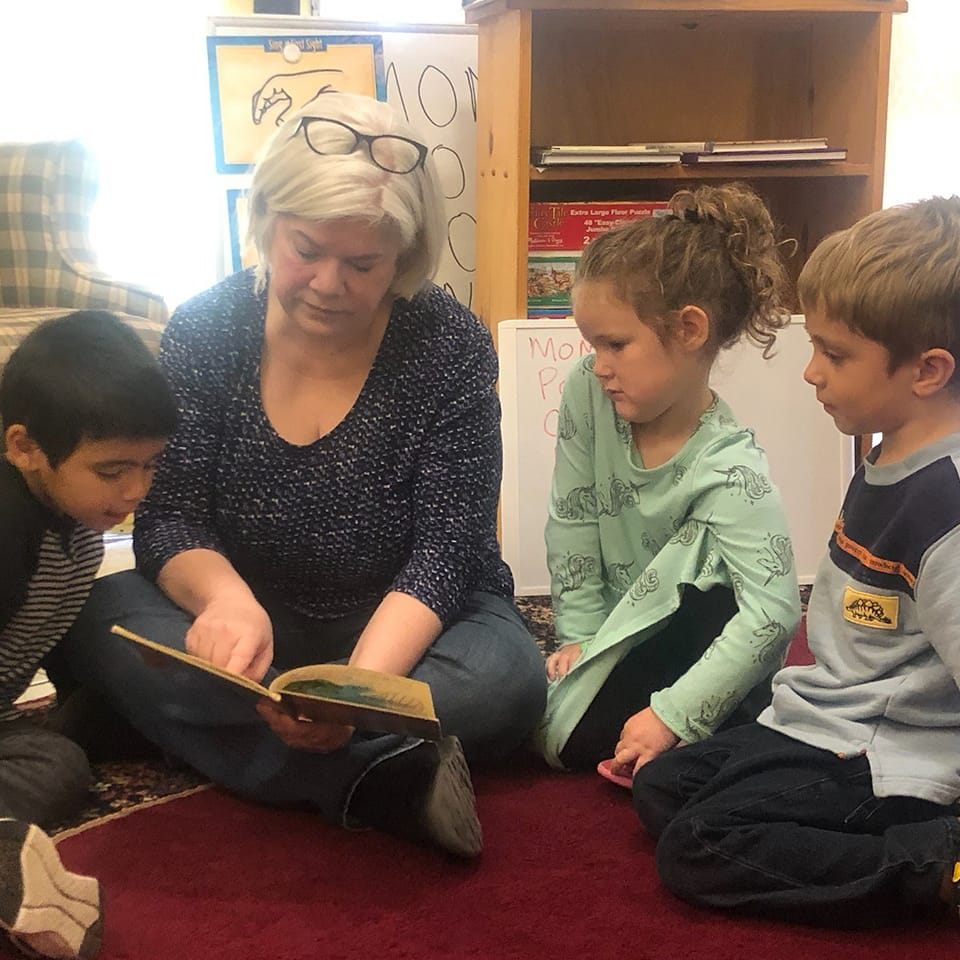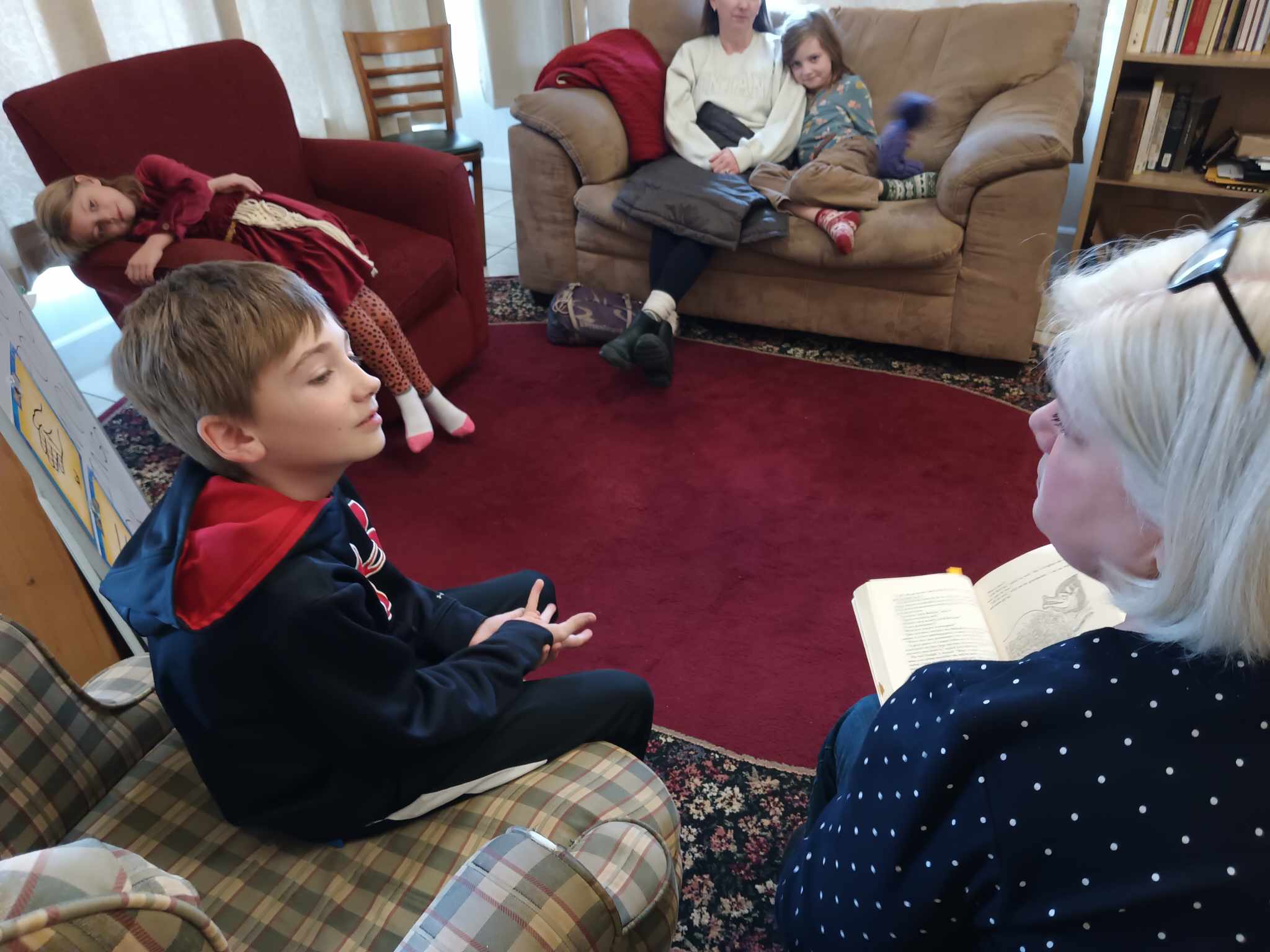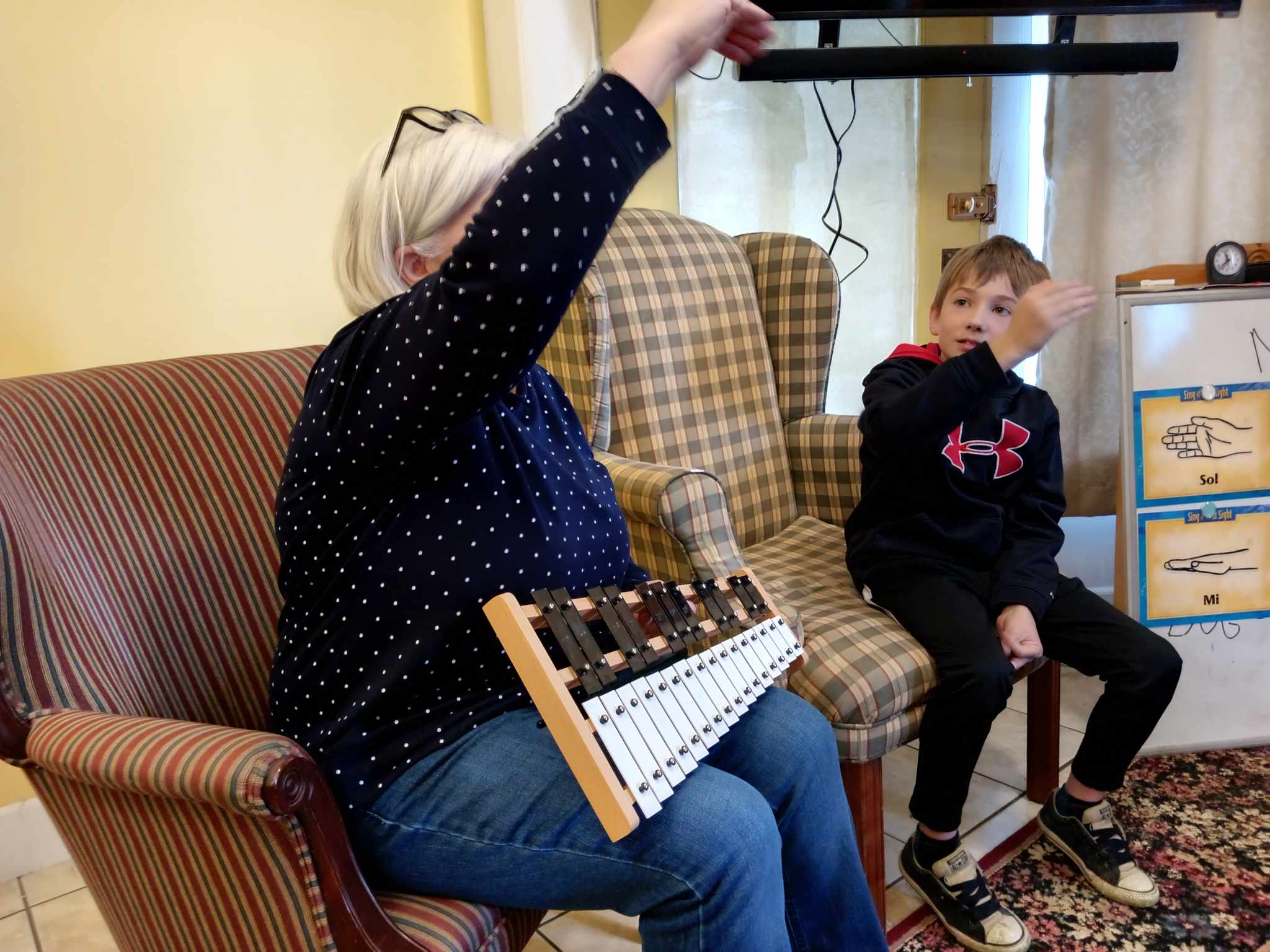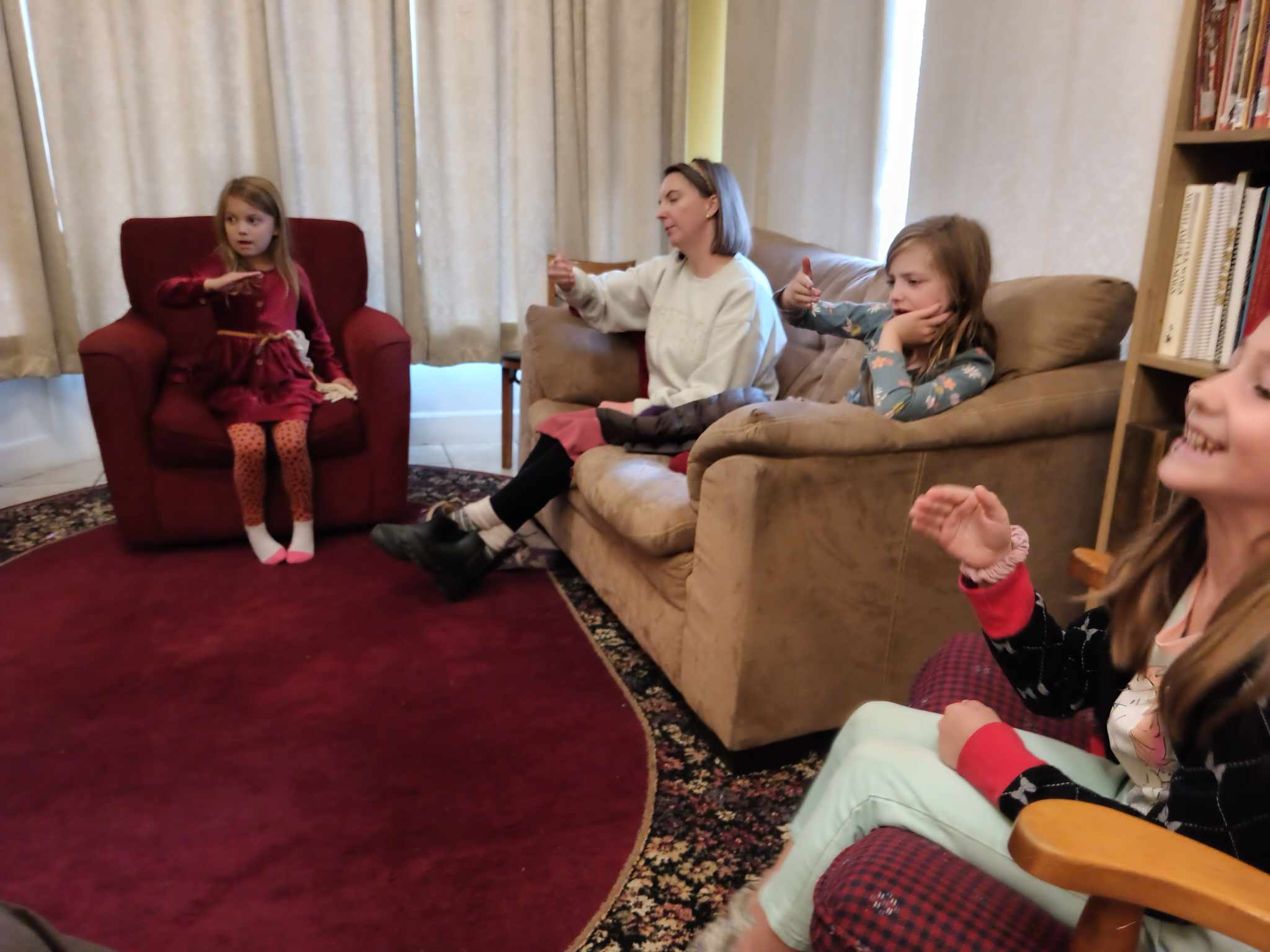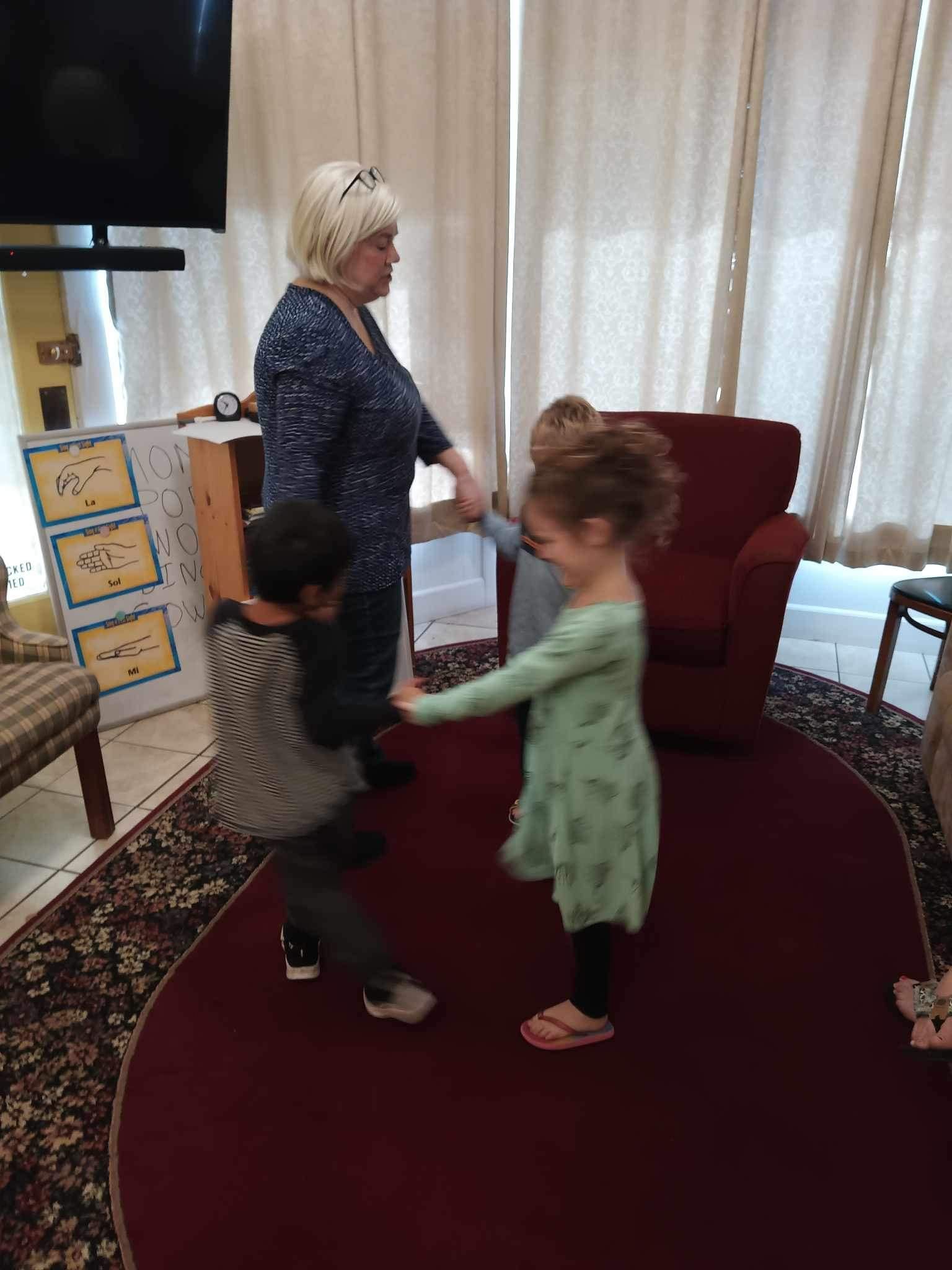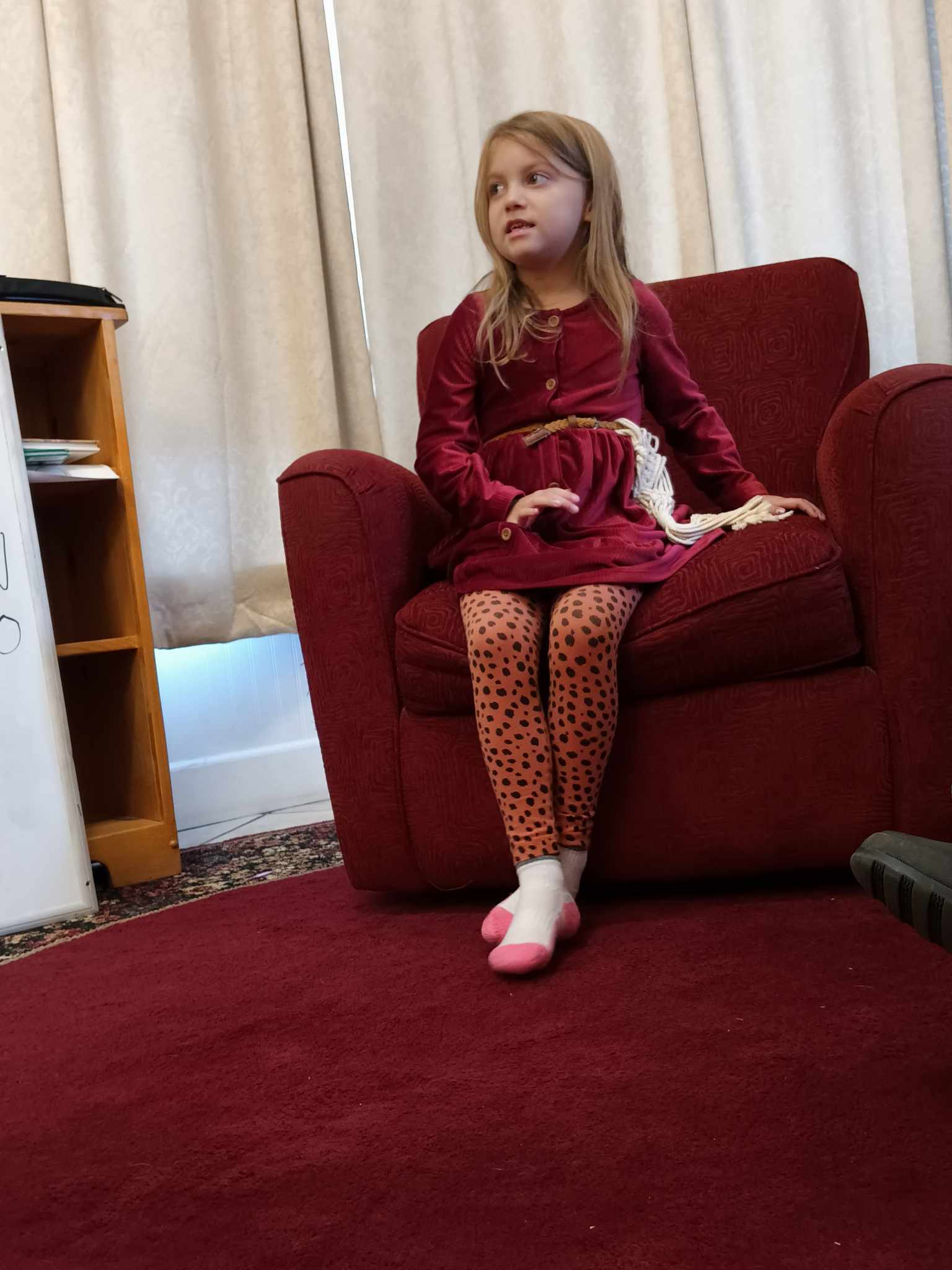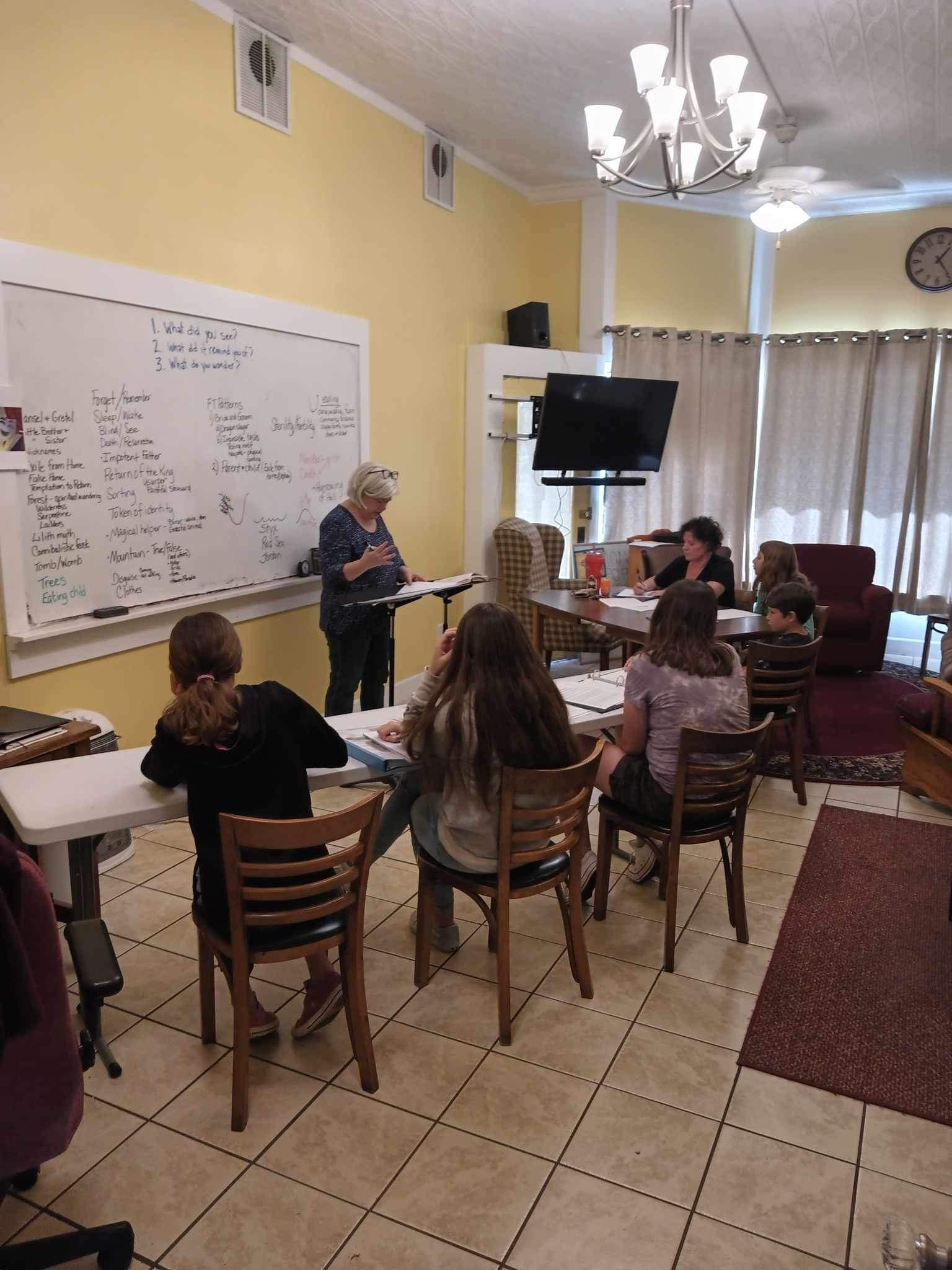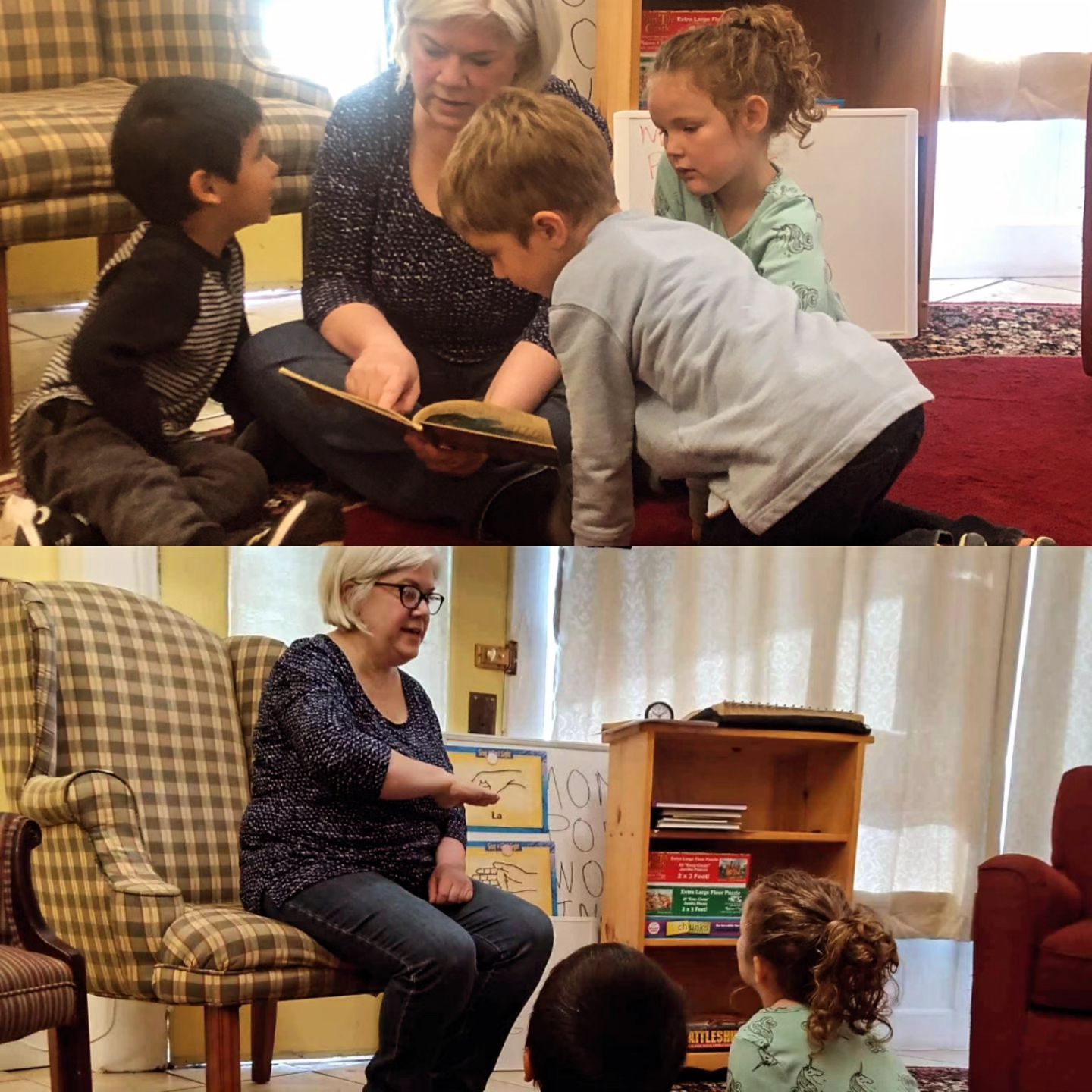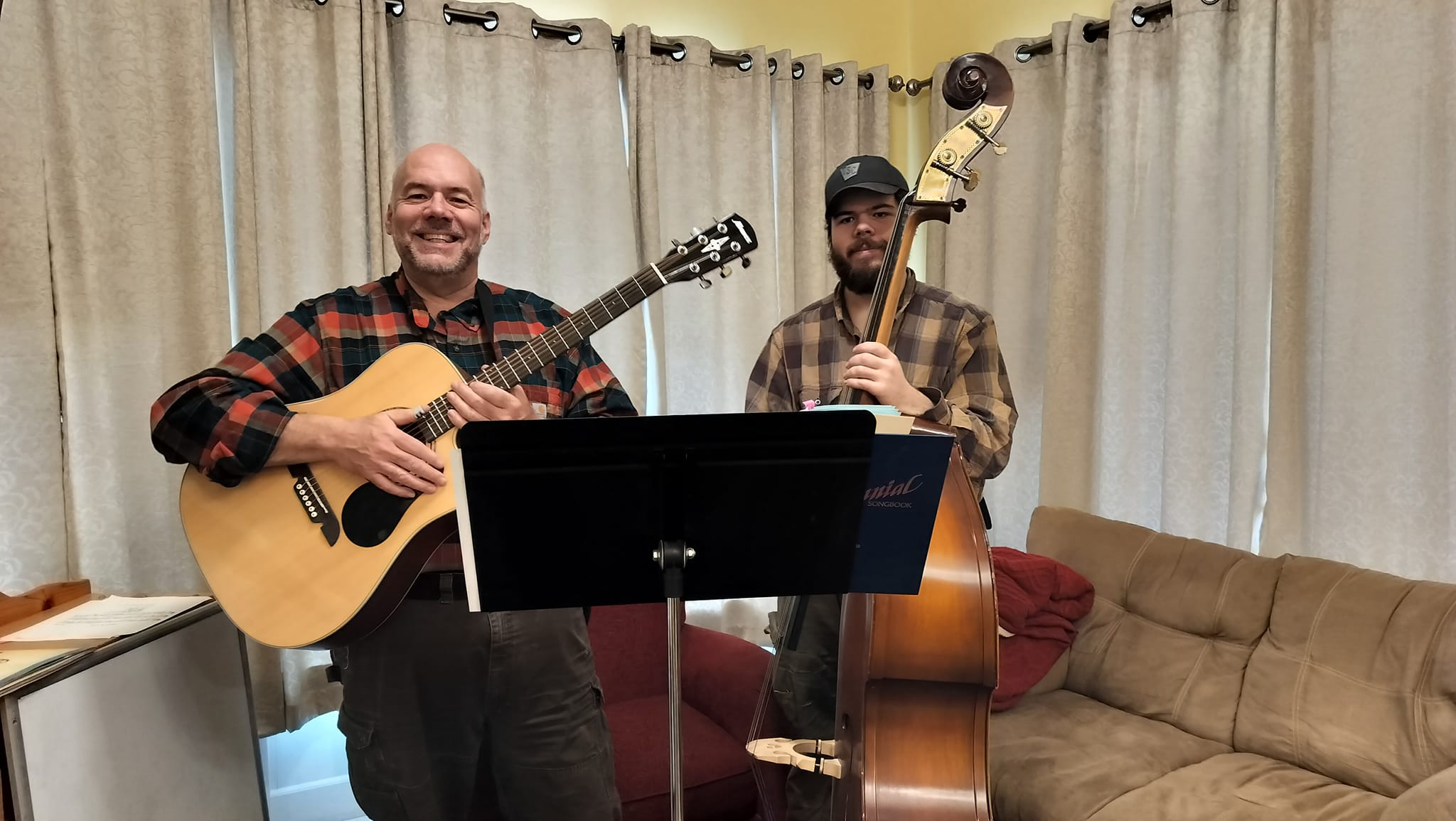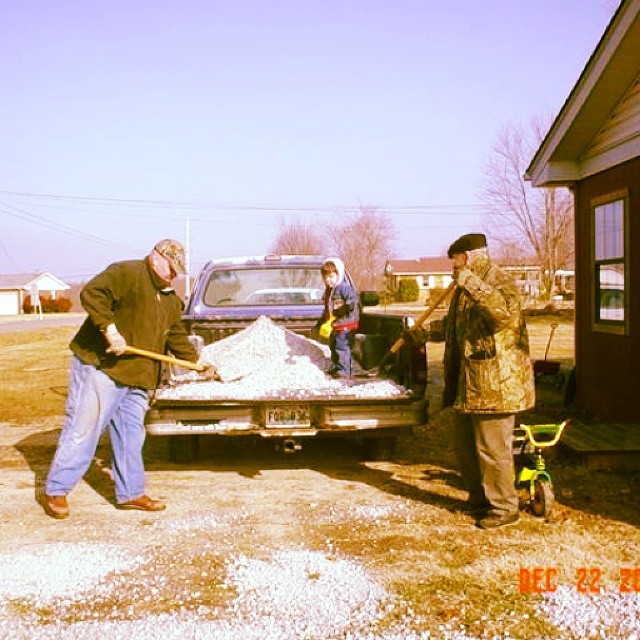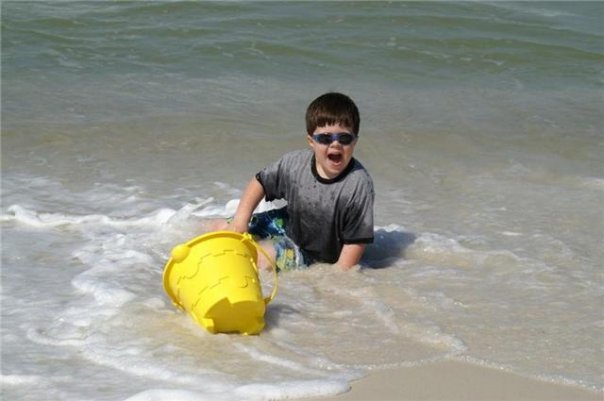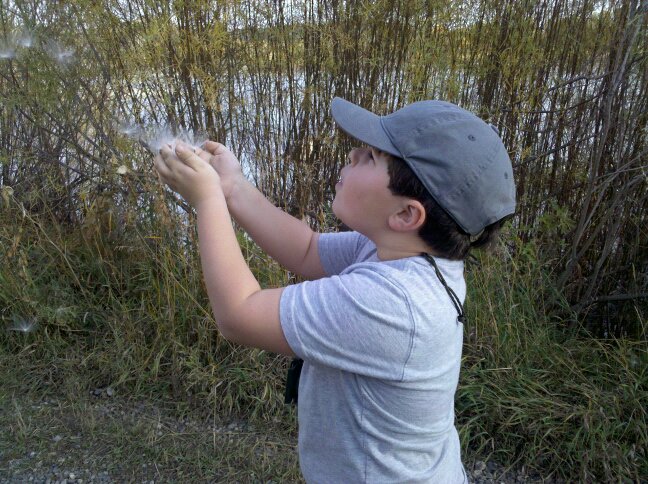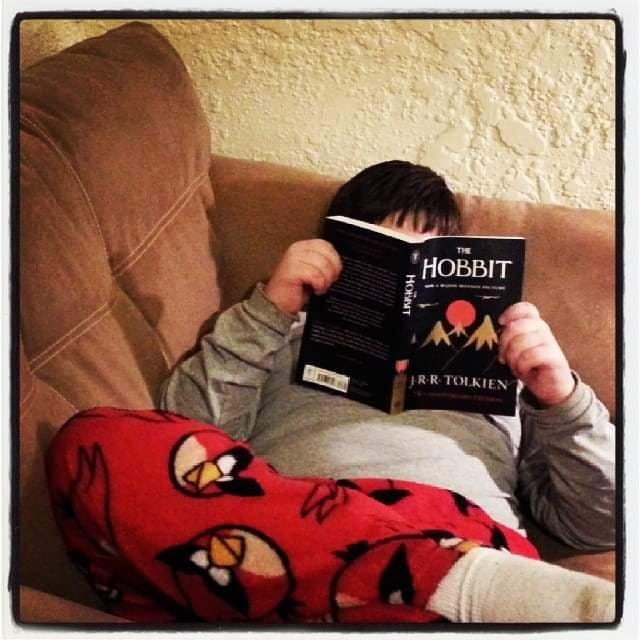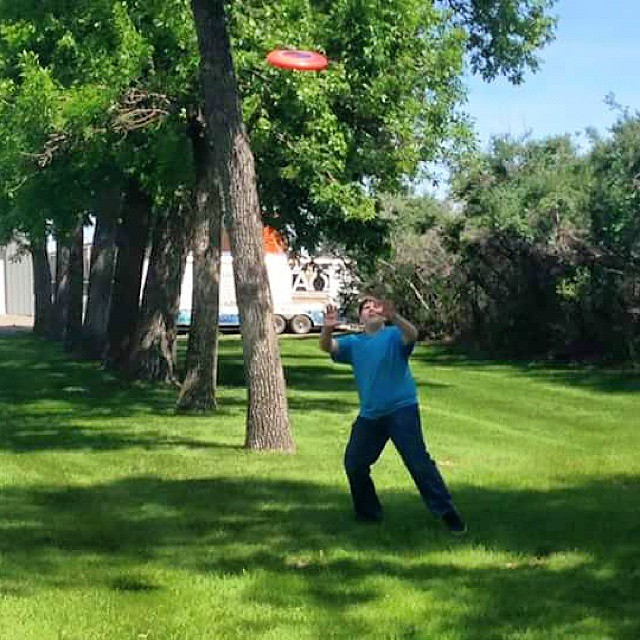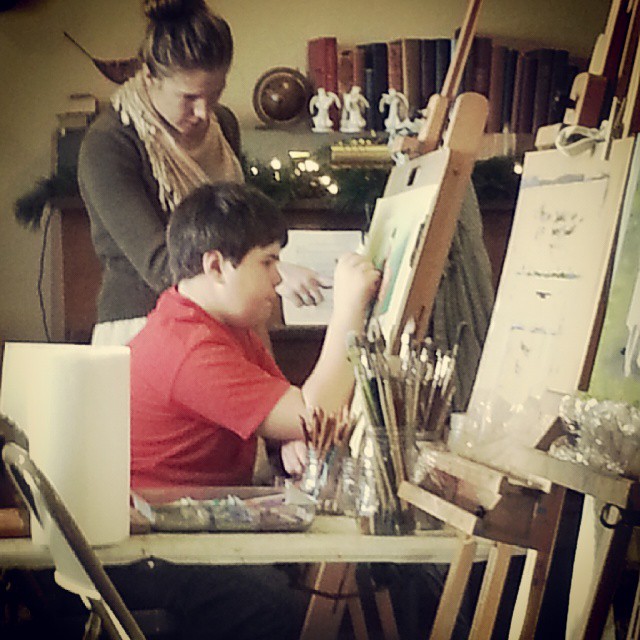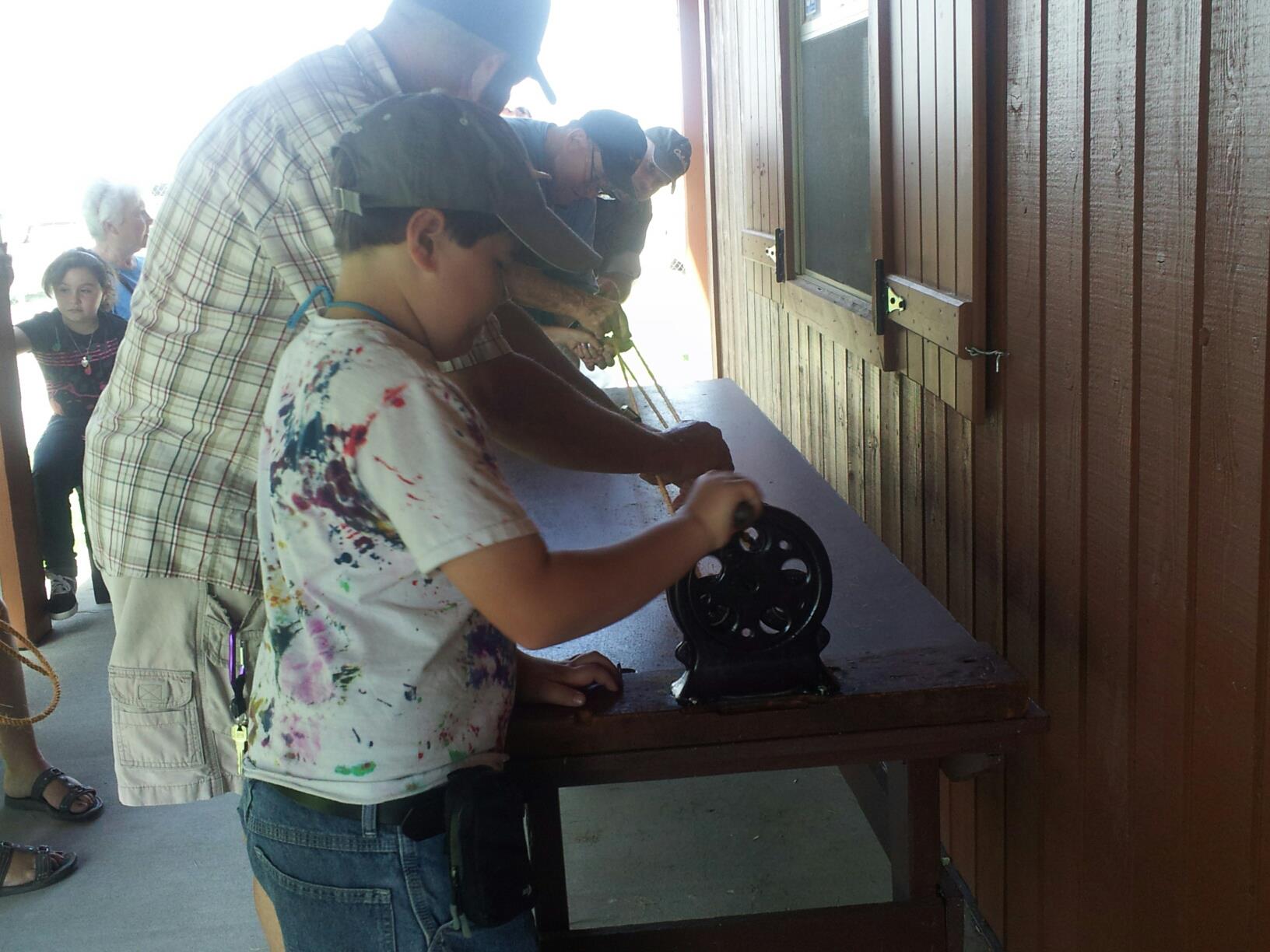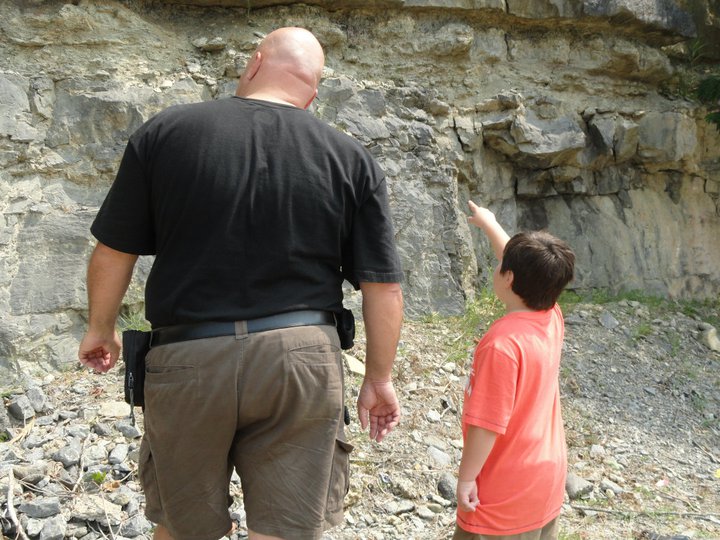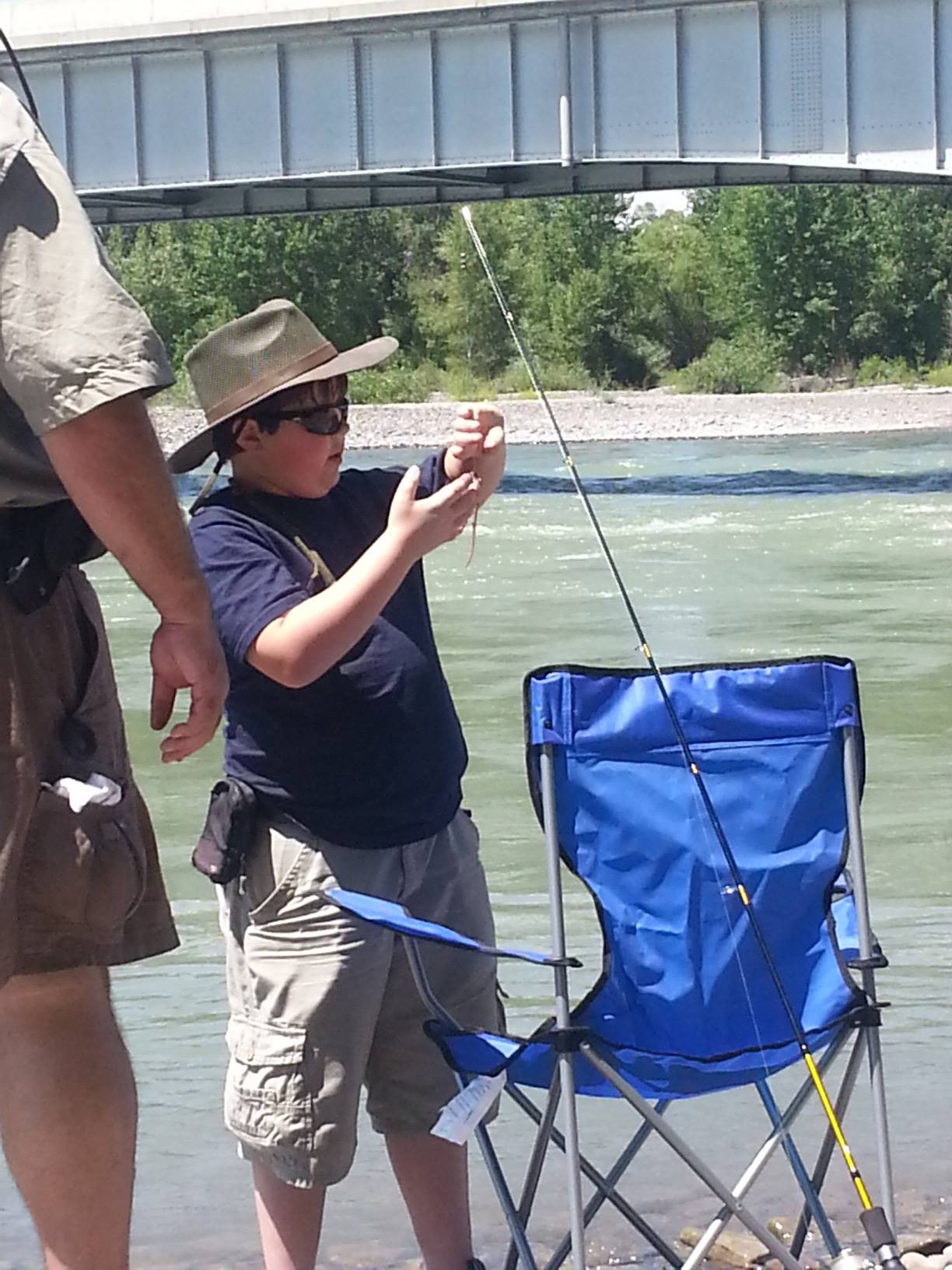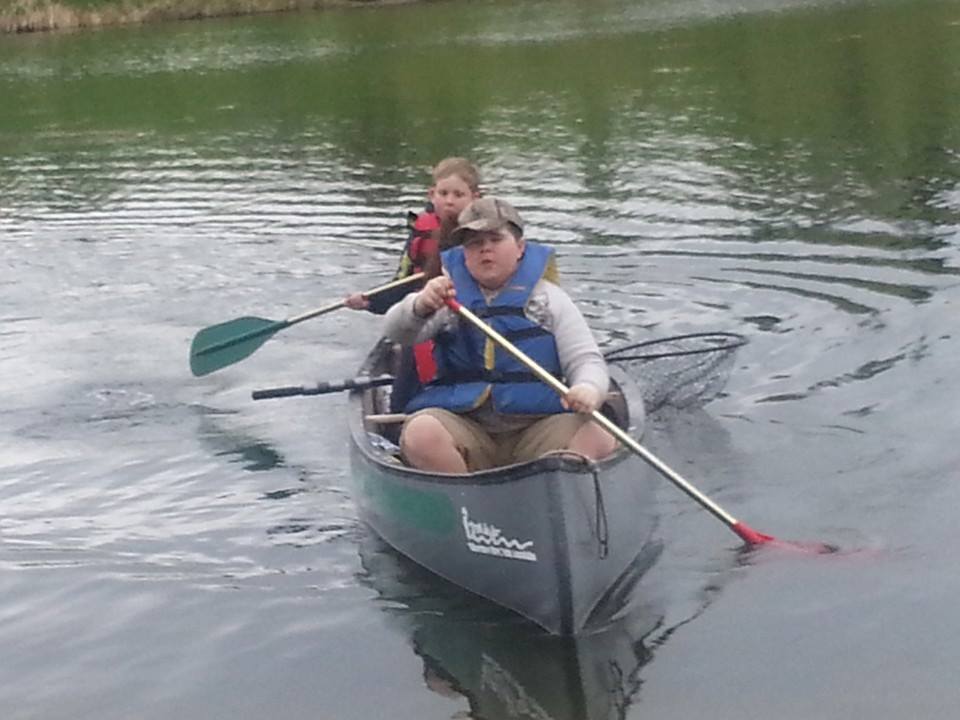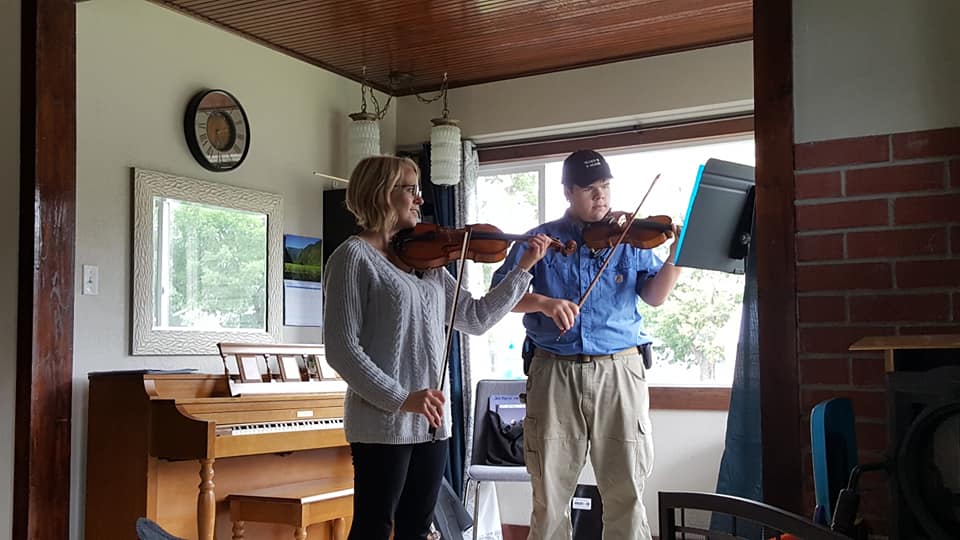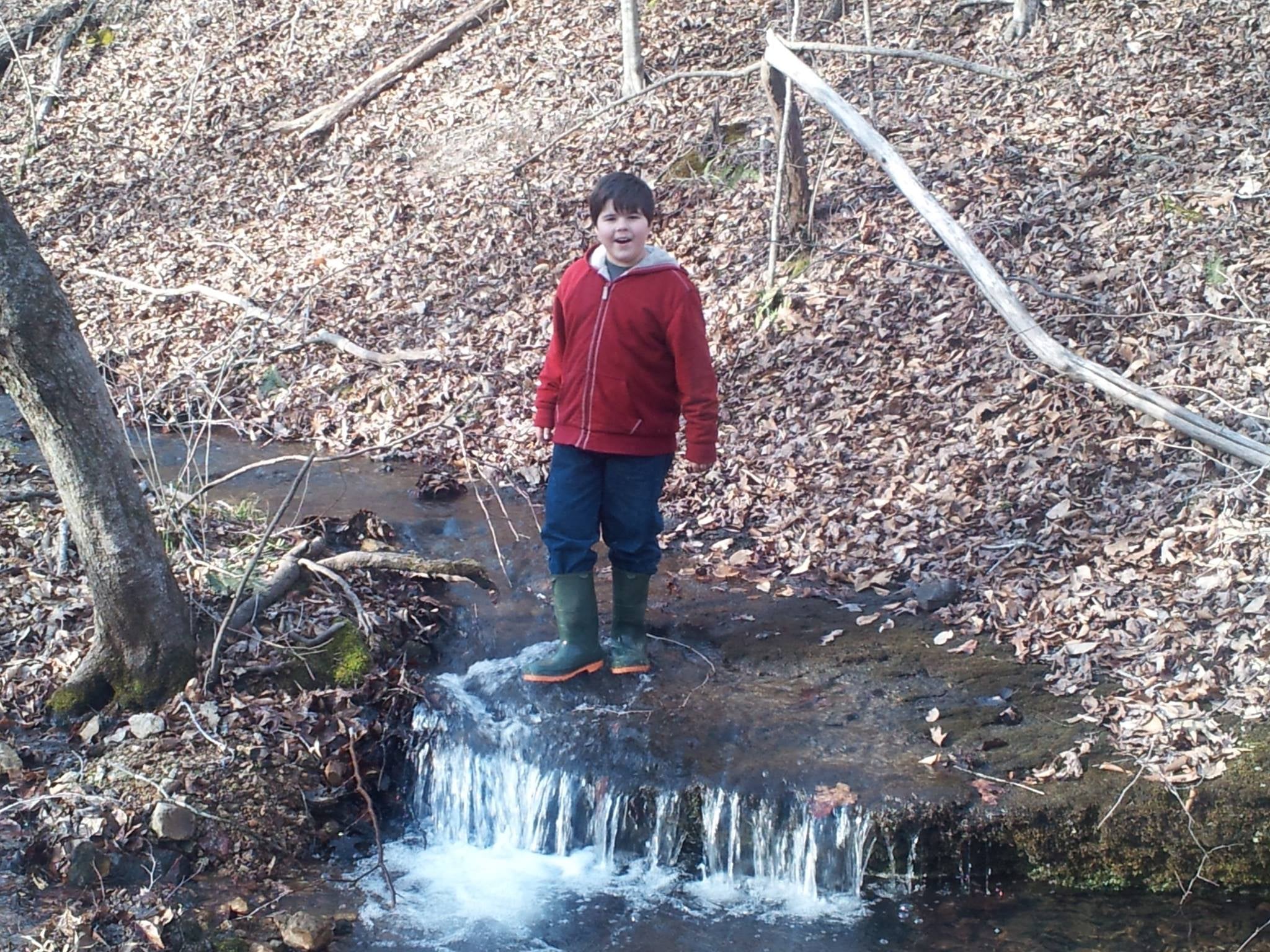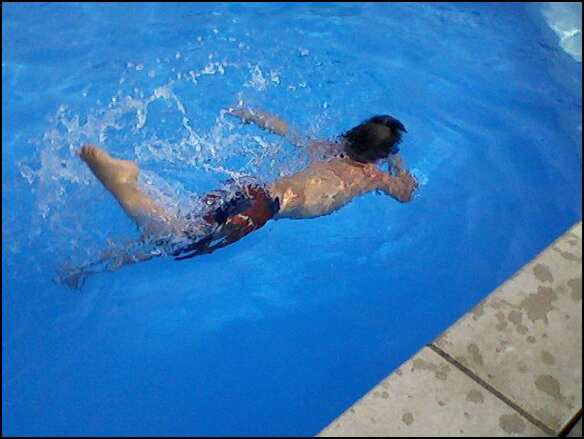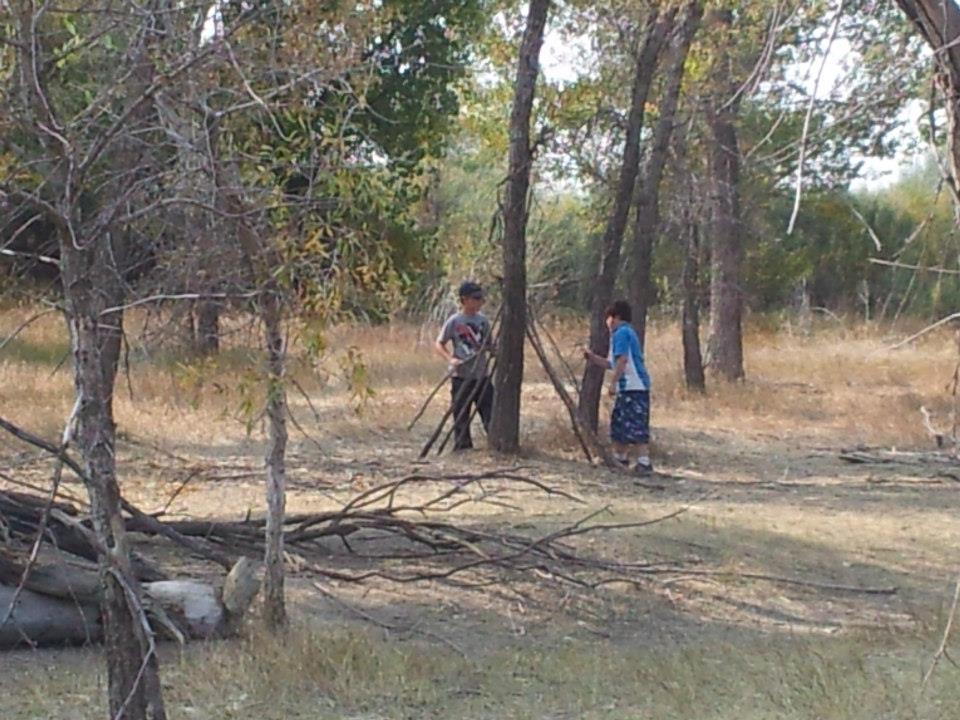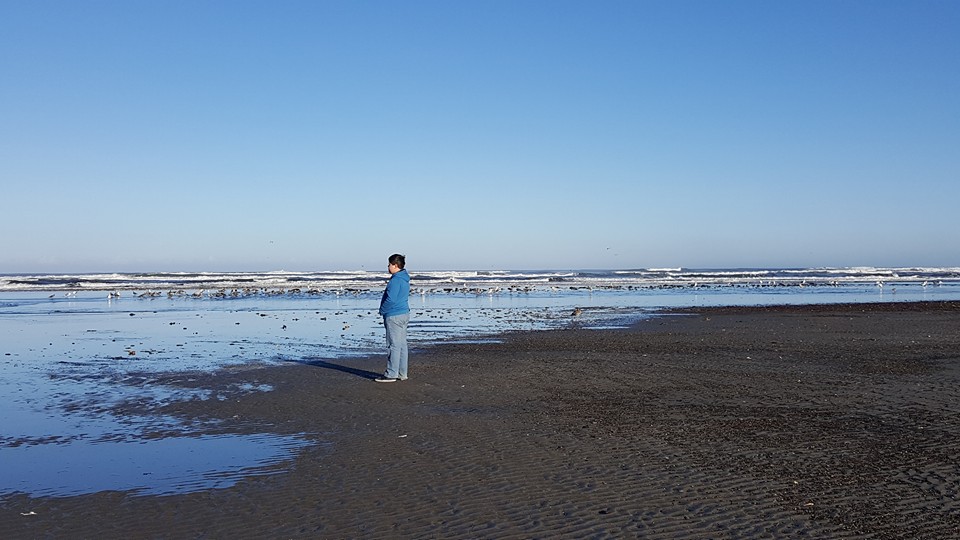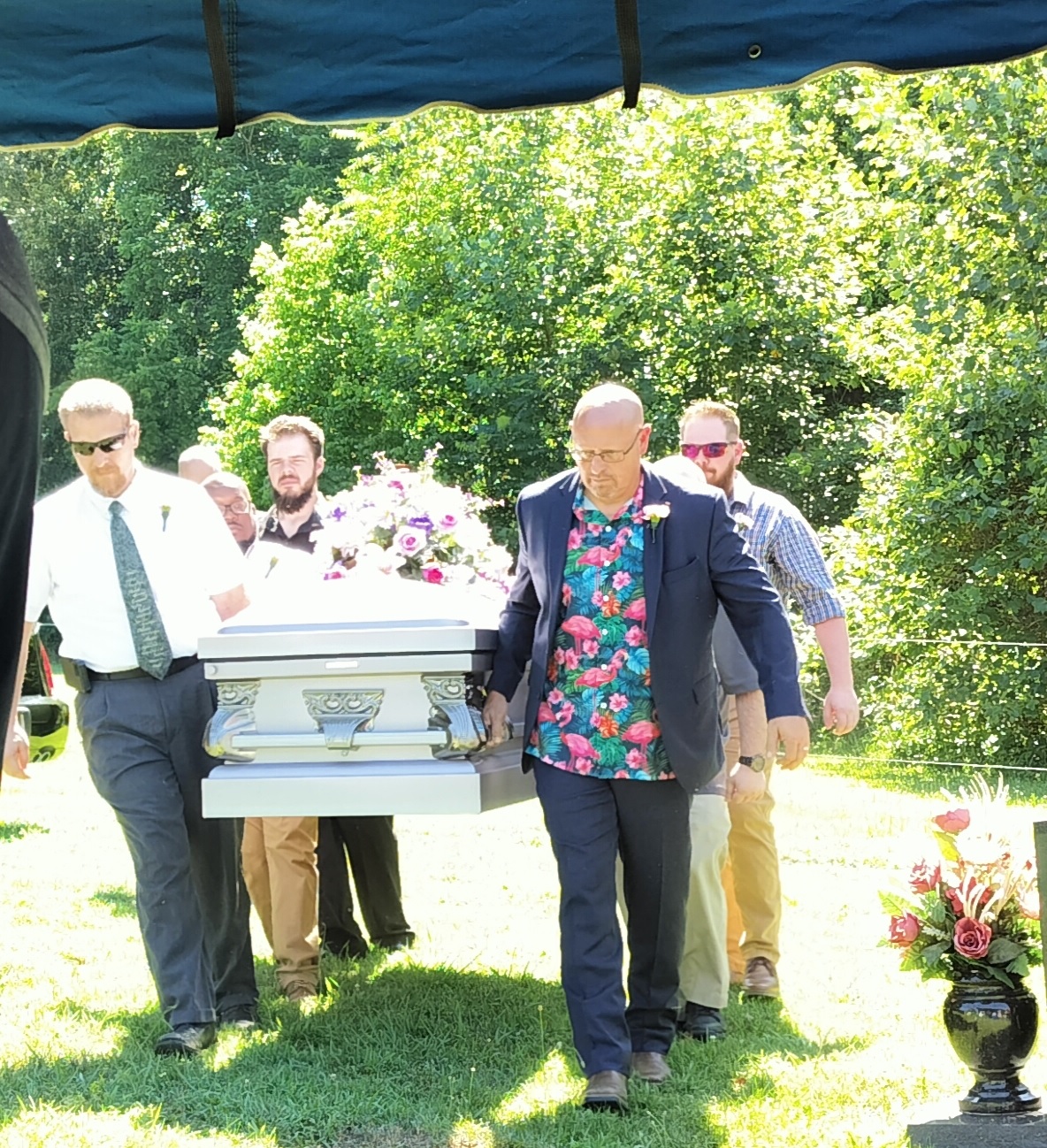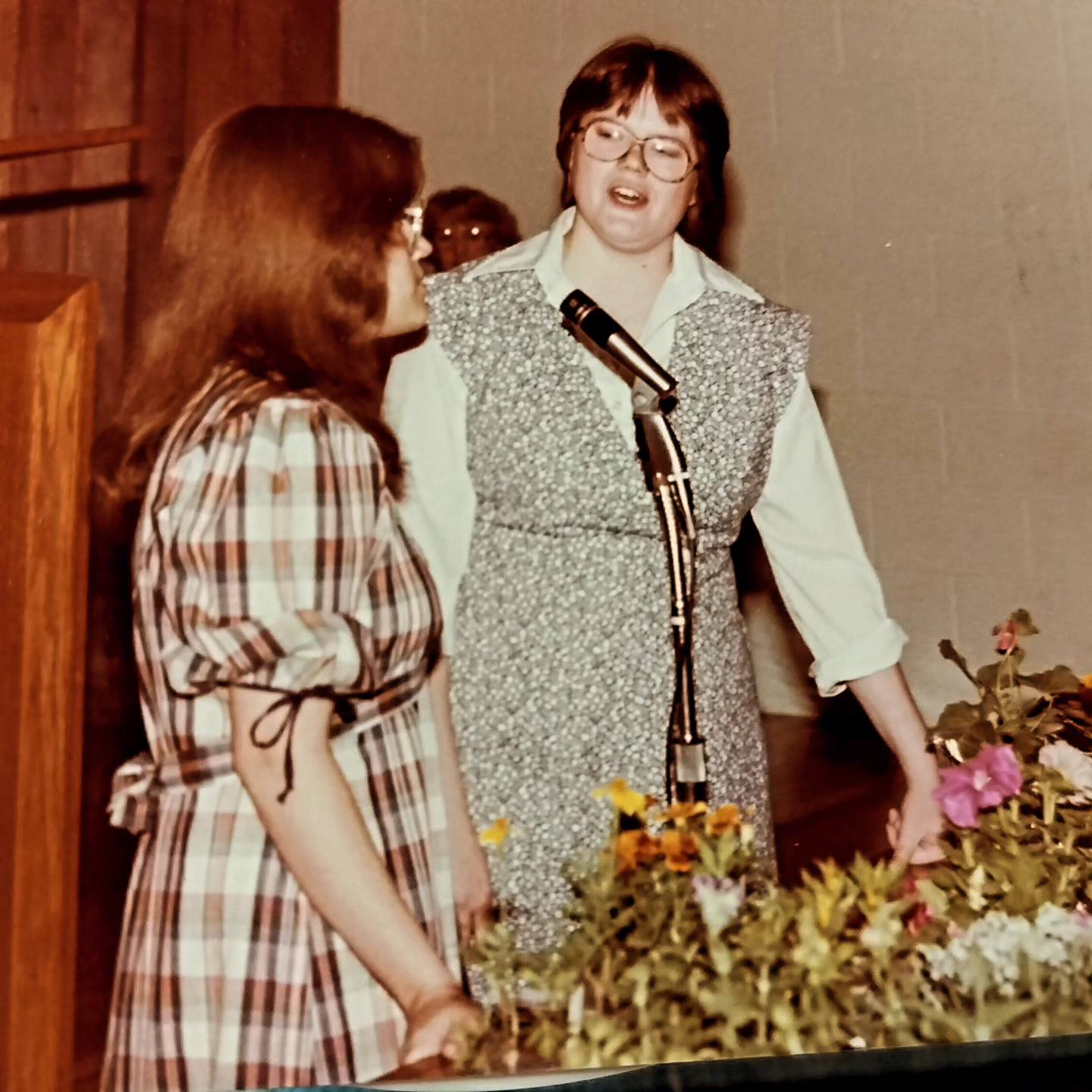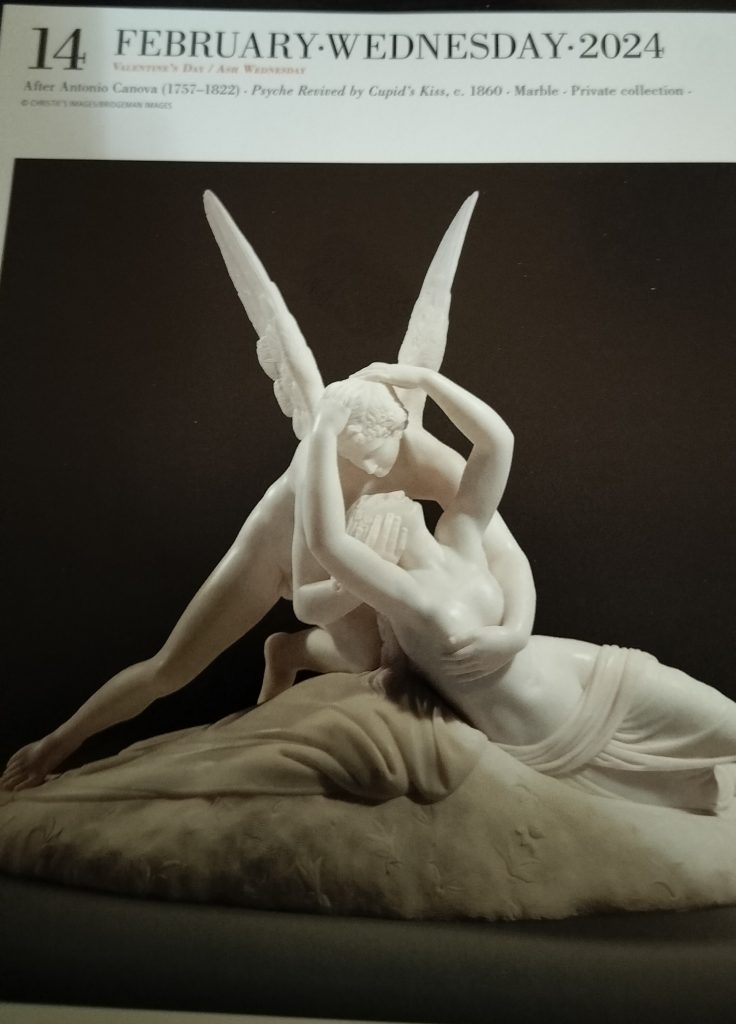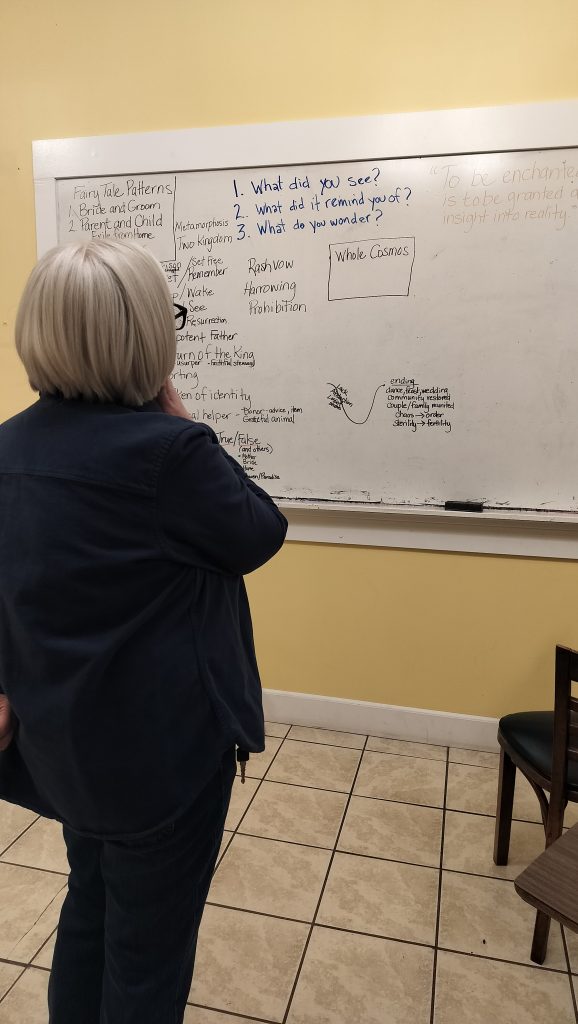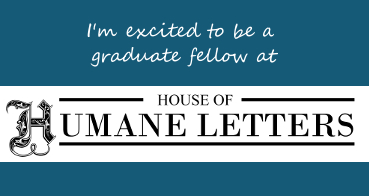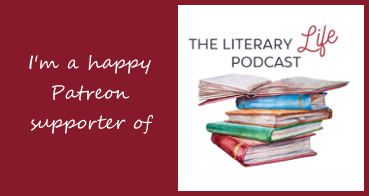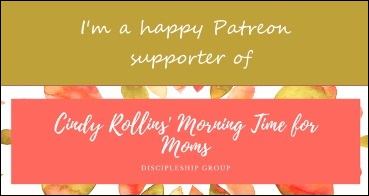There are disagreements in the Christian education and parenting world, especially in the homeschool world of which I’ve been a part for two decades, about the exposure to stories of pagan gods and demi-gods and heroes of the various non-Christian mythologies. I am here to tell you that there is no harm in your children knowing these stories, and in fact, in my opinion, you are doing the opposite by withholding these stories from them.
This is not a promotion of pagan myths, as you might find in certain Christian and Christian “classical” curricula, for the sake of “cultural literacy” or scoring high on the SAT, or even for getting the allusions in classic or modern literature. I don’t do that modern, progressive, utilitarian, mechanistic….stuff.
I’m about to tell you some things that you’ve most likely never heard before, and if you’ll pay careful attention, it may blow your mind and expand your heart.
Let’s start with some things on which we do all agree.
So God created man in his own image, in the image of God created he him; male and female created he them. ~ Genesis 1:27
He has made everything beautiful in its time. He has also set eternity in the human heart; yet no one can fathom what God has done from beginning to end. ~ Ecclesiastes 3:11
For verily I say unto you, That many prophets and righteous men have desired to see those things which ye see, and have not seen them; and to hear those things which ye hear, and have not heard them.
~ Matthew 13:17
The Lord did not set his love upon you, nor choose you, because ye were more in number than any people; for ye were the fewest of all people ~ Deuteronomy 7:7
In the beginning God created humans — all humans — in His image. We know that soon things didn’t go so swell — Adam and Eve had to leave Eden’s garden, and by Genesis 6 humanity had become so corrupted that God chose to wipe them all out and reboot with the eight that He put in Noah’s ark. These and the generations that would follow were still made in His image, were they not?
So let’s consider this reboot of humans on Earth. Scattered about the planet, after the Babel incident, they have hearts in which He has set eternity. (Contemplate that. That’s what is so cool about metaphor — it gives you something to contemplate.) They look about them and see a nature with order, and then sometimes seemingly out of order with storms and such. But they see consistency in the sun ‘coming up’ and ‘going down’, seasons coming and going, new plant and animal life, and plant and animal death. There is life and growth and death all around them. Right now I don’t want to get into what interaction and instruction they may have had with spiritual beings, whether good or evil; I just want to consider what a basic human, made in God’s image, with eternity set in his heart, and a mind that has amazing abilities to imagine might be ….. imagining.
At some point, out of all these humans living and dying, contemplating the cosmos and learning how to function in the cosmos to survive, God chooses a particular people to be ‘his own’. We know them as the Hebrew people, the nation of Israel, descendants of Abraham. He tells Abraham about this, and part of that telling is that 400 years later He would be bringing these descendants out of a land in which they had been enslaved and really making a nation of them in ‘the promised land’. So what was so special about these people? Why did they get to have teaching directly from the God? Why did they get to establish a civil government and a structure of religion designed by the God? Why did they get the true lore of humanities origins to pass down for generations? What was so special about them? Were they better, more righteous, people than the other nations? Just after God brought them out of Egypt, they are told that He did not choose them because they were especially mighty in number (and I just know there is another place —- feel free to help me out — where it is said that it was not their goodness that made them stand out to him). It was grace. They were certainly not more deserving than the rest of the world, what has become known as the pagan world. (The purposes for which God chose a people, such as them being a type for the Church, as well as the nation through whom Jesus would come, is for another article and another day. Although, I do want to add that these images do come up in story, including pagan myths!)
So what is this ‘pagan’ world to do, not being ‘chosen’ by God, not getting the lore, the laws, the prophecies? The Bible stories are big in our (us Christians’) minds, but really, those events were probably barely felt…..well, that Flood was probably a big deal (which appears in their stories, hmmm)…..by the rest of the planet. The ‘pagan’ people were humans of various intellectual and physical abilities, raised in class systems that developed over time. Again, whether or not they had spiritual encounters is beyond the scope of what I want to address here. I just want to think about these people, really on their own, contemplating, teaching, writing —whenever that got invented, thinking of stories, telling stories that would pass from generation to generation. What about this longing in their hearts? What about that eternity set in their hearts? What about the physical hardships they dealt with here? Did they long to be rescued from these things? Did they long for a redemption?
When the early and medieval Christians looked at the myths and folklore of the pagans they were fascinated by what they considered fragments of the gospel. Because of all the truth they were finding in their writings, they began to consider philosophers and writers such as Plato and Virgil as ‘pre-Christian saints’. Dante shows this metaphorically in his Divine Comedy by having Virgil as his guide through Hell (Inferno) and Purgatory (Purgatorio), but having to leave him to Beatrice at the gates of Heaven (Paradiso). The medieval Christians considered Virgil’s Aeneid a story of the soul’s journey to God. They reflected on pagan myths as they did the Old Testament stories — they were seeds of truth, the fullness of which was found in Christ. “All truth is God’s truth,” they believed. When whole civilizations were being ransacked in the Middle Ages, the monks were saving the myths and stories which they considered part of our Christian heritage, and often laying down their lives to do so.
So you may be thinking, ‘Thanks so much for the information. That’s interesting, I guess. But I’ve got the Bible; I’m good.’ But I’m here to tell you that it is not enough to have received this information (been there, done that); in order to really know this, you must experience it (also now been there, done that). I’m here to testify that my God has become so much bigger since I have learned to see Him in these pagan stories. He is their Creator just as much as He is mine. He did indeed create them in His image and set eternity and a longing in their hearts. Let me tell you a couple of stories about stories. (This is stuff I paid money to learn and am now getting money to teach, and you’re getting it for free. You’re welcome.)
The Greek myth of Orpheus tells about a couple in love who got married, and then one day when the happy bride is out tip-toeing through the tulips, she is bitten by a snake and dies. (Tons of Bible allusions here, but that’s for another day.) Orpheus is so distraught over the loss of his bride that he heads to Hades with his lyre in hand. He negotiates with Pluto, and it’s agreed that he can take the wife back on one condition — he cannot look back at her until they reached the upper world. Yep, he fails. She’s gone. But do you know who did not fail to rescue his bride from Hades? That’s right. Christ, our Lord and Savior. The pagan Plato wrote that Orpheus failed because he wasn’t willing to die. It’s as if Plato was foreseeing the One who would be willing to die and go to Hades to redeem his bride. When I went over this story with my class of middle and high schoolers this past week, I drew the shape of this story on my whiteboard, starting with the wedding at the beginning, and then the descent to Hades…..with no upward movement to follow. One of my students who is familiar with the U shape of a comedy/fairy tale, with its upward movement and ending with a wedding, feast, and/or dance, said, “Oh! that’s the opposite of the other with the wedding at the top at the end.” I had not drawn that one yet, but she remembered that image from the previous semester. I promise you that images like that make an impact. Knowing that others have told stories of a longing to be rescued, but only knowing failure, makes the fulfillment in Christ so much more meaningful. The wow of that connection, seeing that downward movement with no upward movement, should not be missed by any Christian child or adult. They longed for what we have seen. Never take that for granted.
This weekend as I am preparing to teach this same group of students about the patterns and images in fairy tales, I am returning to the story of Snow White. The origin of this story, as with all folklore, comes from the oral tradition and has no known original author. (You’ll have to take a class from Angelina Stanford, or one of mine if you’re local to me, to get more details about that.) The version that I linked above is from the collection of the Grimm brothers. (To find out more about them and their work, again, take a class from Angelina, and me for what I’ve learned from her.) The story of Snow White possibly comes from a Christian culture, but even if it did not originate there, Christians have certainly passed down the story continually since early times. The story is full of Bible images from Genesis to Revelation, with the image of pre-fallen innocence in Snow White, the jealousy of the evil queen and her tempting and attempts to kill Snow White, and the eventual awakening of the princess (“Good heavens, where am I?”) and the prince’s response: “You are with me…..I love you more than anything else in the world. Come with me to my father’s castle. You shall become my wife.” Gives me chills every time. We (the whole body of believers, his bride…but I kind of take it personally, too) wake up after death to Jesus saying, “You are with me. Come with me to my father’s house.”
A very Christian story, indeed, but here’s an interesting twist (for some of you, at least). After Snow White’s death at the third temptation, the dwarfs (oh, you really need to understand the image of dwarfs in this story) cannot bear to bury the beautiful princess, who still “looked as fresh as a living person”.
They said, “We cannot bury her in the black earth,” and they had a transparent glass coffin made, so she could be seen from all sides. They laid her inside, and with golden letters wrote on it her name, and that she was a princess. Then they put the coffin outside on a mountain, and one of them always stayed with it and watched over her. The animals too came and mourned for Snow-white, first an owl, then a raven, and finally a dove.
An owl, a raven, and finally a dove. It is no accident that these birds were chosen for the story, and for this image of mourning over this dead princess. The owl is Athena’s bird; the raven, Odin’s; and you Christian must know who the dove represents. (Think of who descended on Christ at his baptism.) All three birds represented wisdom in their mythology. What we have here is an image of Greek wisdom, Norse wisdom, and Christian wisdom all mourning, and longing for resurrection. They are together doing this. Christians did not separate themselves from pagans in the telling of stories and its accompanying metaphors and images. We all are joined in our humanity, longing to be saved from this mortality. It is only by God’s amazing grace that any of us have found the door and the way in. Never forget that.
Thanks be unto God for his unspeakable gift.
Learning to read stories metaphorically has rocked my world and drawn me closer to my Creator. My God is indeed so big. All truth is God’s truth, and thanks be to God that in His wisdom He has given us story. I’m grateful that he allows ‘the Muse’ to speak through story-tellers of all cultures and traditions. Stories told in this fashion, in the same way as Jesus told his parables, give us so much to contemplate. Our minds and our hearts grow bigger and bigger. God knows this about us. He made us….in His image. He tells us about Himself through story — “In the beginning….” The metaphors and images are everywhere in the Bible from the histories to the poetry and prophecies, the gospels and letters to the final Revelation. When I see the gospel in myths and fairy tales, I know even more that he has indeed set eternity in the hearts of mankind.
Whenever I’m in a class with my teacher or I’m preparing my own class, I am so blown away by what I’m being shown, and I want every person, Christian or not, to see these things with me. I find it very, very sad that any believer would withhold this experience of the goodness of our God from themselves and their children. All creation has longed for salvation.
Lord, now lettest thou thy servant depart in peace, according to thy word:
For mine eyes have seen thy salvation,
Which thou hast prepared before the face of all people;
A light to lighten the Gentiles, and the glory of thy people Israel.
